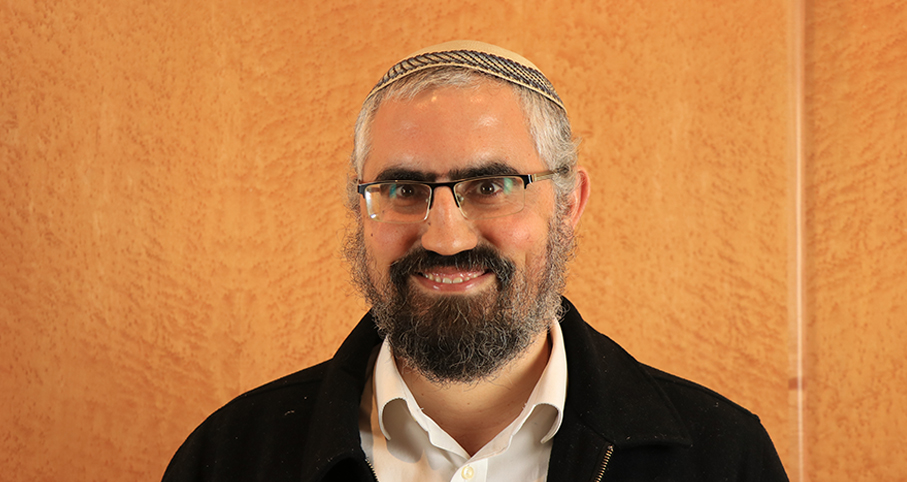245
Answer: We wrote (see Living the Halachic Process III, C-4) that there are two or three elements of tosefet Shabbat (adding on to Shabbat). 1) One should cease doing melacha before Shabbat begins; 2) If one accepts Shabbat earlier than required, (at least many elements of) Shabbat starts for him. 3) There (may be) a mitzva to actively accept Shabbat before it begins itself. We demonstrated that while some sources instruct one to actively accept Shabbat somewhat early (i.e., #3), the main opinions and the minhag (at least until relatively recently) are that one need not accept Shabbat orally or by action. It suffices to refrain from doing melacha before sunset. Since then, Orchot Shabbat vol. III came out. Its co-authors discuss the matter (pp. 92-94) and conclude that according to the clear majority of authorities, there is no need for an oral acceptance, although they recommend doing so in deference to minority opinions.
Is Yom Kippur any different in this regard? In some ways, tosefet is more important on Yom Kippur than on Shabbat. The gemara learns tosefet from the fact that the Torah (Vayikra 23:32) refers to the fast of Yom Kippur as being from the 9th of the month in the evening, that it begins while it is still the 9th (Yoma 81b). The Rambam omits tosefet in regard to Shabbat and mentions it only in regard to fasting, not melacha, on Yom Kippur (see Maggid Mishneh, Shvitat Asor 1:6). Nevertheless, the majority of Rishonim assume there is a mitzva from the Torah to refrain from melacha before Shabbat as well.
There are a few ways to accept Yom Kippur. (Ashkenazi) women generally accept an upcoming holy day by lighting candles (Rama, Orach Chayim 263:10). One may, for a good reason, stipulate orally or mentally when lighting the candles, that she does not want to accept Yom Kippur at this point (Shemirat Shabbat K’hilchata 44:14). If she recites Shehecheyanu at that time, it is too strong an acknowledgment of Yom Kippur for her to stipulate (ibid.). A woman who is going to shul can say Shehecheyanu with the tzibbur instead of when lighting candles. (This has other advantages, which are beyond our scope).
One complication with tosefet Yom Kippur is Kol Nidrei. As a rule one should not do hatarat nedarim on Shabbat (Shulchan Aruch, Yoreh Deah 228:3). The Rama indeed instructs us to do Kol Nidrei before Yom Kippur begins (OC 219:1), and we recite Shehecheyanu in shul only after that. But those of us who recite the beautiful prayer called Tefilla Zaka – before Kol Nidrei – have a problem because it includes a statement of accepting Yom Kippur. Actually, the Chayei Adam (II, 144:20) presents Tefilla Zaka as being done after Kol Nidrei, and some suggest leaving out the part of accepting Yom Kippur until later (see Ishei Yisrael 46:(35) in the name of Rav Chaim Kaniefsky). Besides conflicting with the normal practice, a technical problem is that Kol Nidrei is often not finished until right before or even after sunset.
Rav S.Z. Auerbach (cited in Halichot Shlomo, Mo’adim II, p. 391) suggested that one can and presumably does (due to Kol Nidrei) his early acceptance of Yom Kippur with an implied exclusion of the prohibition against hatarat nedarim limiting the acceptance. The sefer Kol Nidrei (83:4) cites Rishonim who say that since there is reason to do hatarat nedarim as Yom Kippur starts, this is a matter of special need, in which case it is permitted to do hatarat nedarim on Shabbat (see Shulchan Aruch ibid.).
We see that one who wants to be machmir in all elements of ushering in Yom Kippur is in a bind. If he wants to follow the opinions to make a clear oral acceptance of Yom Kippur before the end of the day, he raises questions about the propriety of Kol Nidrei. If he wants to be stringent about Kol Nidrei on Yom Kippur, he will be hard-pressed to accept Yom Kippur at a halachically meaningful time. We advise people to follow other good Jews – say Tefilla Zaka and Kol Nidrei at their normal places and rely on the justifications.

Song of Men, Not Angels
From Siach Shaul, p. 224-5
Rabbi Shaul Yisraeli zt"l | 5772

Is papaya a tree?
Rabbi Yirmiyohu Kaganoff | Shvat 2 5779

Walking in Israel
Rabbi Daniel Mann | Cheshvan 10 5779







